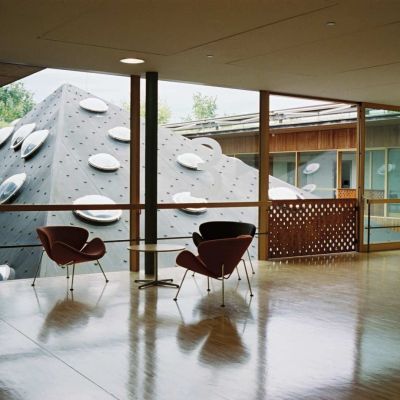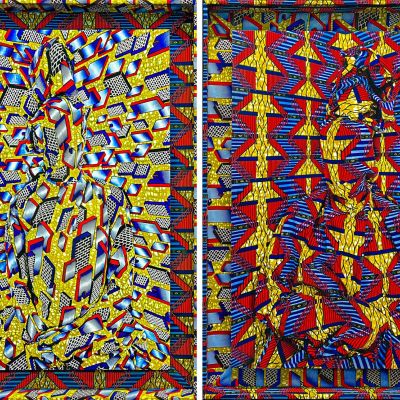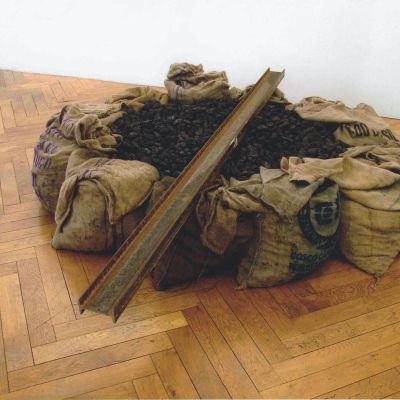Clear Cut
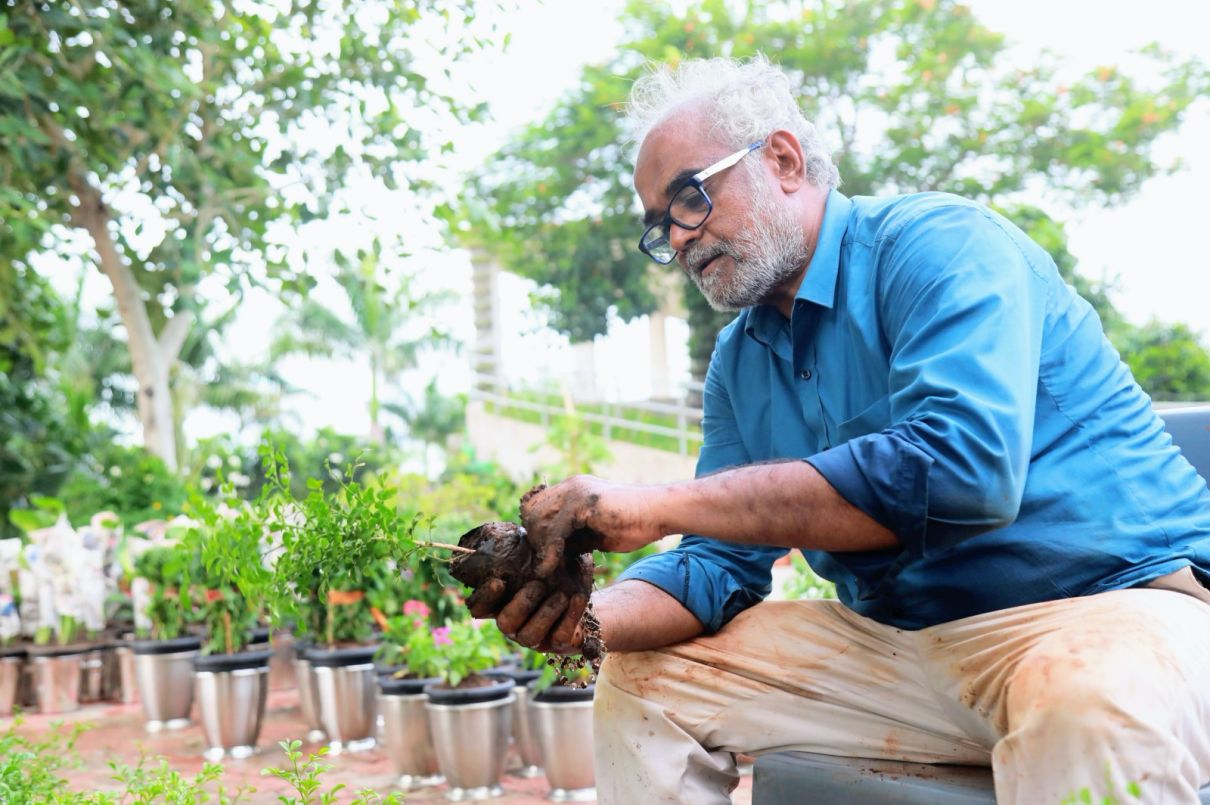
The billionaire philanthropist behind India’s largest exporter of cut and polished diamonds is now focused on clean drinking water.
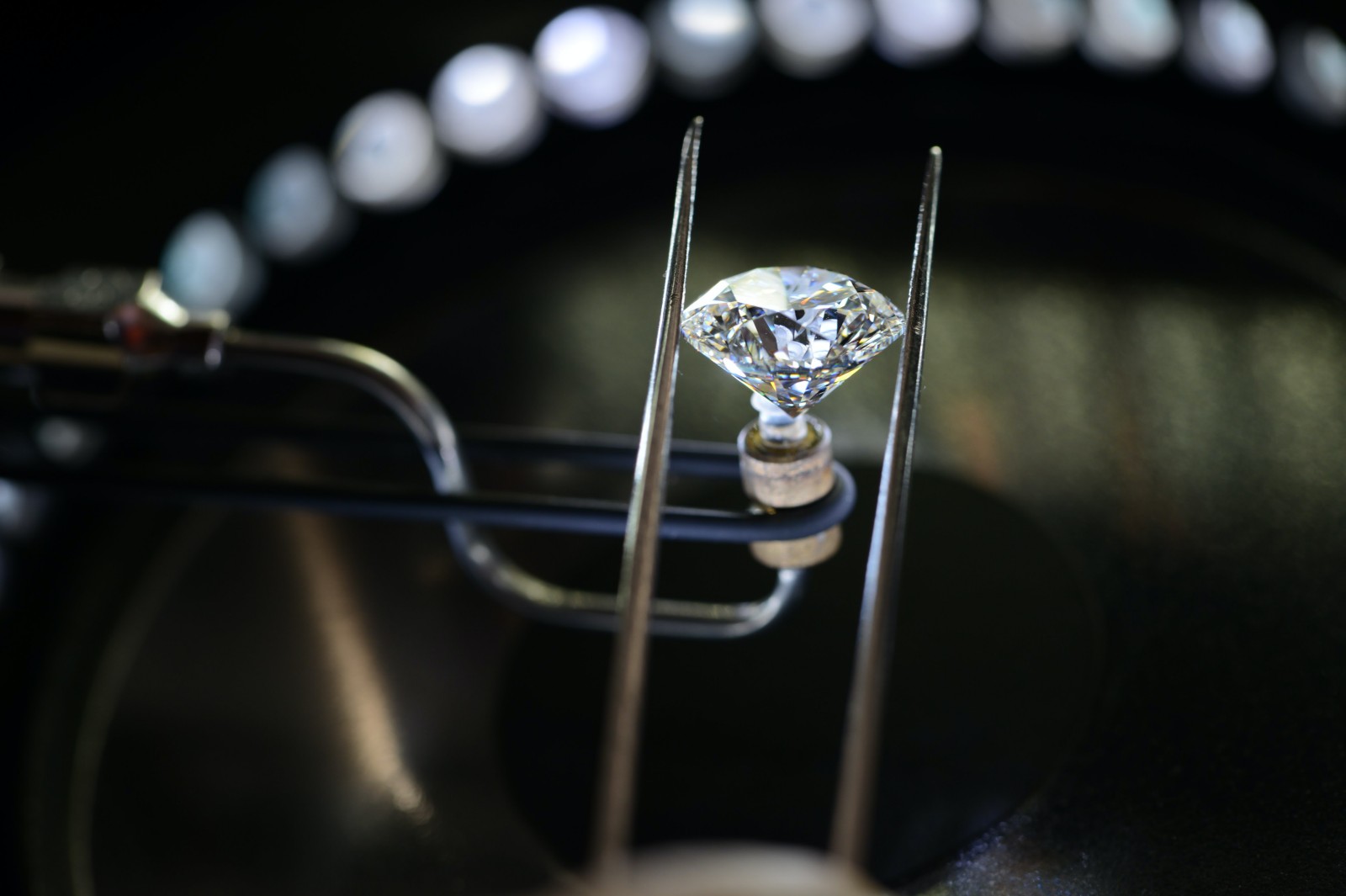
Savji Dholakia laughs at the stark contrast between his day job and what now, in his 60s, occupies most of his time. Dholakia is, with his three brothers, the co-founder of Hari Krishna, India’s largest exporter of cut and polished diamonds, counting Tiffany & Co and the Signet Group among its customers. Founded almost 30 years ago, it’s now a US$1.5 billion business.
“Diamond is just incomparable to any other material,” he enthuses. “And it’s not just a product of marketing. Its appeal, even just as an investment, predates the marketing of diamonds. It’s so pure. It’s the symbol of purity. But, of course, it’s only 2 or 3 percent of people who can afford to buy [seriously big] diamonds.”
That, Dholakia says, brings him to something that everyone needs: water. Indeed, it was the steady, year-by-year depletion of water in his rural village that led Dholakia, then just 12, to abandon it, and his education, to lead his siblings to find work.
“The diamond industry was the one in which, without any education, you could learn the craft skills, which, through hard work, you could rise [through the ranks]. But I was always aware of the need to make money, because that was the only way I was going to do the things I wanted to do.”
What he wanted to do was the mucky, complex business of digging very large holes. Indeed, the Dholakia Foundation, Hari Krishna’s philanthropic entity, owns an “army” of hi-tech excavators, tractors and even petrol tankers to do just that. The result is that, since its creation almost a decade ago, the foundation has built some 111 lakes across Dholakia’s home state of Gujarat, in western India.
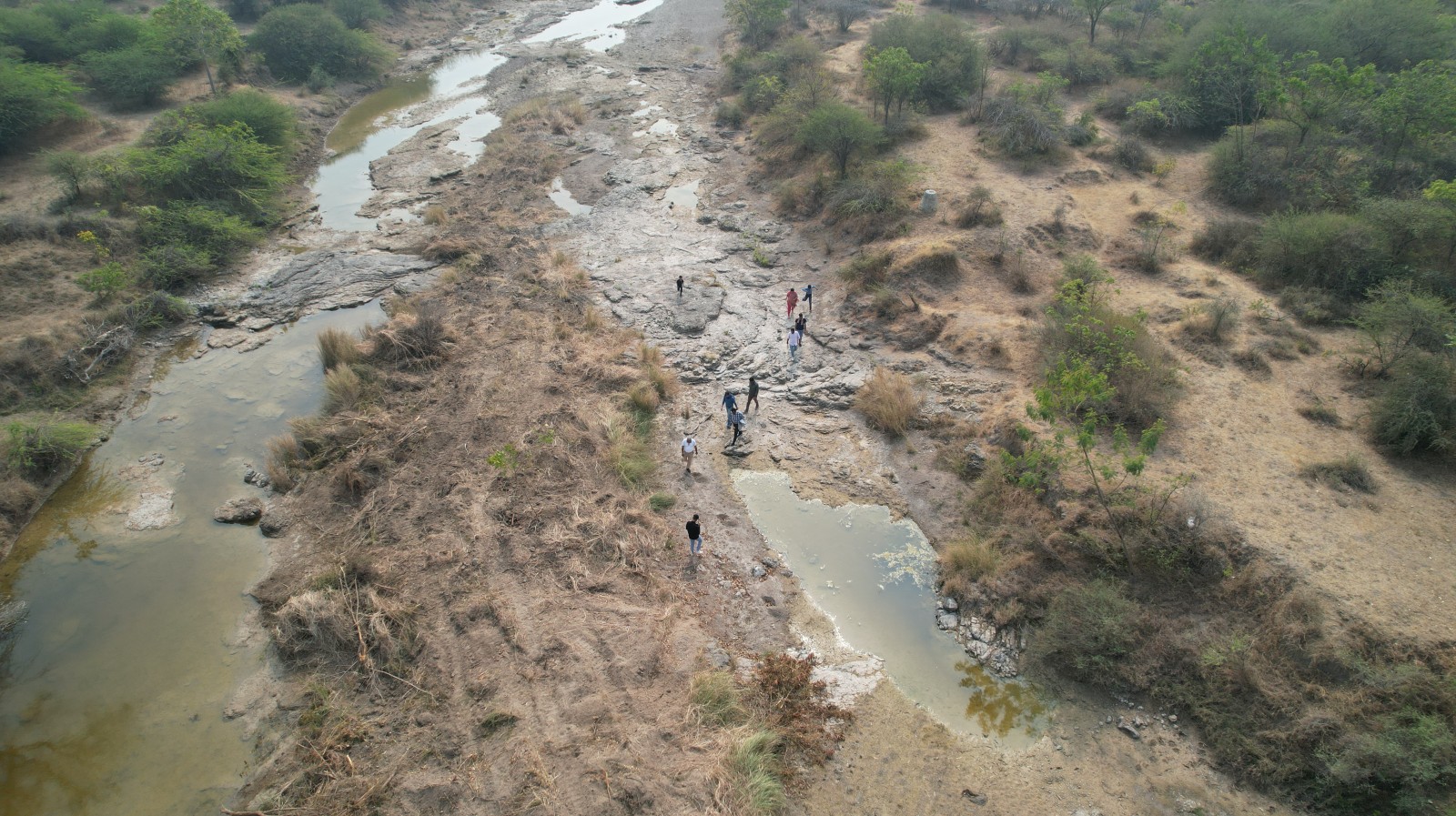
These are huge lakes too: in all, providing some 13 billion litres of water to over 200,000 small farms. The foundation has planted some 2.5 million trees around the lakes too. Dholakia jokes that as someone who didn’t get to learn even basic maths, recent years have seen him get a good grasp of land planning and engineering.
“The reasoning for doing all this is very straightforward,” he explains. “We have thousands of people across India who don’t have access to clean drinking water, even though India isn’t short of water sources, just the commitment to make them accessible to the people who need them.
“I’ve seen villages get good water supply and become empowered, making the land around it three or five times more productive as a result,” adds Dholakia. “If they have water, they don’t need help from the government with anything else. Someone just needs to take responsibility for the poor water management in India, which has been a product of people failing to think in the same direction, or to think selfishly more of their own interests.”
This gargantuan building programme has seen Dholakia recognised for his efforts but has also spurred the government to mandate its own lake building across the nation’s other regions.
“I think if we can show it can be done across one region of India, it shows it can be done right across the country, as huge as it is,” says Dholakia. “In fact, the same approach can be applied anywhere in the world and we’re always keen to get delegates from other countries to see what we’ve done.
“Our business, in particular, has taken from nature, as it were, so it’s only right that it also gives back to it. And, really, I get more from the business too if what we do goes beyond cutting diamonds. I do think if you make a lot of money there’s a moral obligation to do something [social] with it. I think that’s a law of nature: if you have all you need then there’s a responsibility to use the rest for the benefit of others.
“Of course, there’s a lot of green washing but there are also thousands of companies around the world that share this philosophy.”
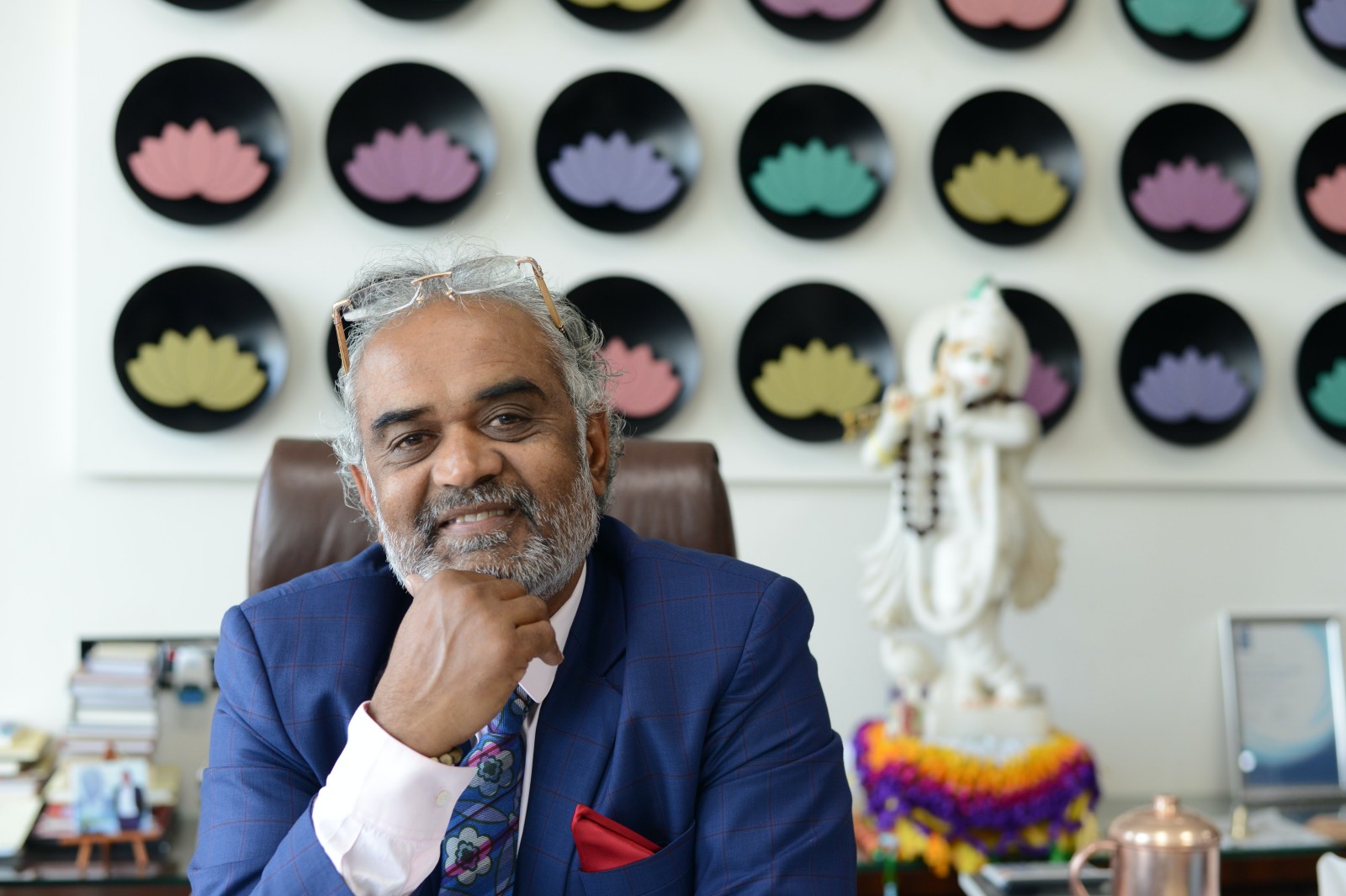
But Dholakia’s philosophy goes further than most, particularly when it comes to keeping his 6,000-plus employees happy. Like a diamond cutter turning passionate digger, it’s similarly unorthodox. Each year, for example, Hari Krishna pays for dozens of sons, daughters or siblings of its employees get married in mass wedding ceremonies. And then there’s the direct way in which good works are rewarded.
Twenty years ago, when the company’s turnover was just US$165,000, he gifted a car each to three employees and liked the results. He realised that Indians typically prefer a more visible reward – one that, in effect, allowed them to show off their pride – than the more conventional cash bonus. Like the lakes, Dholakia has since super-sized this thinking. In 2014, when the system was put on an official footing, the company gifted 500 cars and 207 houses to employees. Since then, it has gifted 1,200 cars in a single year.
“We get some very good discounts with the local car dealerships because it’s good marketing for them too,” says Dholakia. “We get a lot of emails from dealers who want to contact us. Not just car dealers, in fact. Anyone who makes homewares seems to know where we are too.
“But if our employees are happy then we’re happy. To be honest, we see our production increase too. I think that when there’s some kind of genuine bond between employer and employees that’s better for both.”
This article originally appeared in Billionaire's Next Gen Issue. To subscribe click here.






